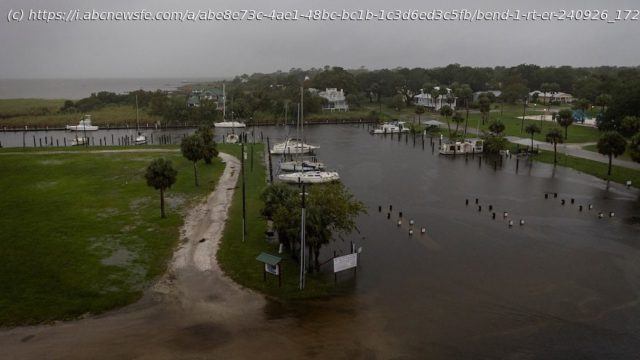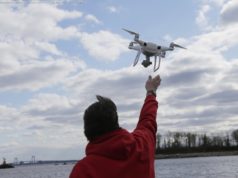Hurricane Helene is heading straight for one of the regions most vulnerable to the impact of hurricanes: Florida’s Big Bend.
Hurricane Helene is heading straight for one of the regions most vulnerable to hurricanes: Florida’s Big Bend.
Helene is expected to make landfall as a dangerous major hurricane Thursday night near Tallahassee, marking another direct hit to the Big Bend. “Potentially catastrophic” wind and storm surge is possible in the region, where the Florida panhandle joins the southern-facing peninsula along the Gulf Coast, according to the National Hurricane Center.
The Big Bend, still reeling from Hurricane Idalia in 2022, is often in the bullseye of tropical storms forming in the Atlantic basin, experts .Why Florida’s Big Bend is vulnerable to hurricanes
The Big Bend’s proximity to the Gulf of Mexico puts the region directly in line to be impacted from tropical storm activity.
“We’ve seen the Gulf Coast, generally, as the target for many of the storms over the last four or five years”, Marshall Shepherd, director of the Atmospheric Sciences Program at the University of Georgia and former president of the American Meteorological Society, .
The underwater geology of the Gulf of Mexico leaves much of the low-lying coast unguarded against a massive influx of seawater. The continental shelf of the Florida Gulf Coast extends quite far offshore – up to 150 miles in some spots, according to the National Oceanographic and Atmospheric Administration leaving the shallow waters nowhere to go.
The sheer radius of Helene is going to make the storm surge particularly problematic, because the additional water gets “shoved” onto the coast for an extended amount of time, Shepherd said.
Helene is forecast to bring a potentially life-threatening storm surge and dangerous coastal flooding along a wide swath of the Florida Gulf Coast. The storm surge is projected to rise to 20 feet high in the Big Bend area, forecasts show.
Home
United States
USA — Science Hurricane Helene: How climate change is making Florida's Big Bend more vulnerable...






